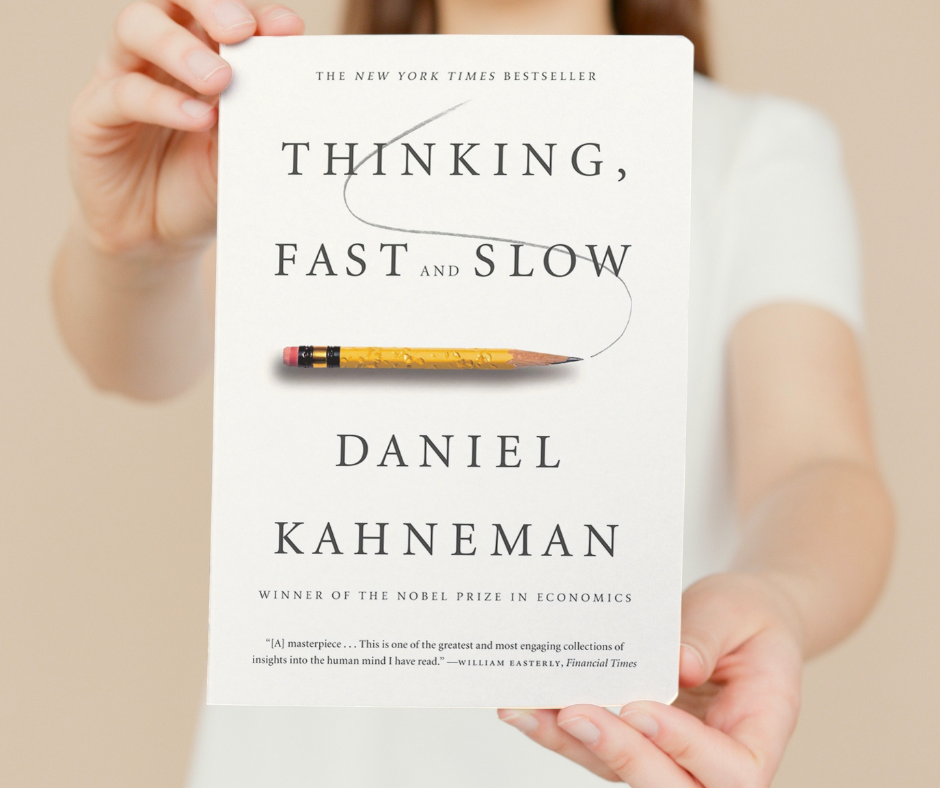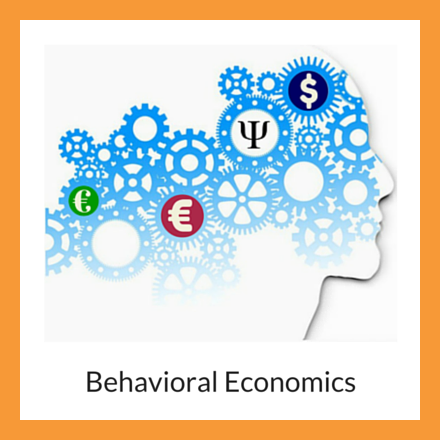Thinking Fast and Slow
Daniel Kahneman
Thinking Fast and Slow by the late great Daniel Kahneman explores the way people think and make decisions. The book is divided into two parts, which correspond to the two systems of thought that Kahneman identifies: System 1 and System 2.
System 1 is the fast, automatic, and unconscious system of thought that is responsible for our gut reactions and intuitive judgments. It is quick and efficient, but it is also prone to biases and errors.
System 2 is the slower, more deliberate, and conscious system of thought that is responsible for logical and analytical thinking. It is more effortful and less prone to errors, but it is also slower and less efficient.
Thinking fast and slow discusses a number of biases and heuristics that can lead to errors in judgment. Heuristics are mental shortcuts that people use to make decisions and solve problems and are useful because they allow people to make decisions and solve problems quickly and efficiently, without the need for extensive information or calculation. However, heuristics can also lead to biases and errors in judgment, because they rely on incomplete or approximate information and are subject to various cognitive and emotional influences. Kahneman and his colleague, Amos Tversky, identified a number of specific heuristics that people commonly use in decision-making, including the availability heuristic, the representativeness heuristic, and the anchoring and adjustment heuristic. These heuristics are often used in combination with one another, and can lead to various biases and errors in judgment, such as overconfidence, framing effects, and the sunk cost fallacy.
Thinking fast and slow also discusses the role of emotions in decision making and the influence of social norms and group dynamics on our thoughts and actions. This groundbreaking book provides a comprehensive and engaging exploration of the ways in which our minds work and the ways in which we can improve our thinking and decision making. It is a valuable resource for anyone interested in psychology, economics, or simply understanding how their own mind works.
About The Author
Daniel Kahneman was a Nobel laureate and one of the most influential psychologists of the 21st century. He was born in Tel Aviv, Israel in 1934, and grew up in an intellectual and culturally diverse environment. His parents were both Eastern European Jews who had immigrated to Palestine in the 1920s.
Kahneman received his bachelor's degree in psychology from the Hebrew University of Jerusalem in 1954, and went on to earn his PhD in psychology from the University of California, Berkeley in 1961. He began his career as a researcher at the Hebrew University, where he worked with the renowned psychologist Amos Tversky on a number of groundbreaking studies that explored the ways in which people make decisions and judgments.
In the 1970s, Kahneman and Tversky developed the concept of prospect theory, which challenged the traditional economic view of decision making and helped to establish the field of behavioral economics. Their work had a major impact on the way economists and policymakers think about decision making and helped to shift the focus from rational, utility-maximizing behavior to more realistic models that take into account the biases and heuristics that influence our choices.
In 2002, Kahneman was awarded the Nobel Prize in Economics for his work on prospect theory and behavioral economics. He is the first and only psychologist to receive this honor, and his work is widely regarded as having fundamentally changed the way we think about decision making and human behavior.
In addition to his work on decision making, Kahneman has also made significant contributions to the study of happiness and well-being. In Thinking, Fast and Slow, he introduced the concept of "hedonic adaptation," which refers to the way in which people quickly become accustomed to changes in their circumstances and tend to return to a baseline level of happiness.
Throughout his career, Kahneman received numerous awards and honors for his contributions to psychology and economics. In addition to the Nobel Prize, he also received the Presidential Medal of Freedom, the highest civilian honor in the United States, and the National Academy of Sciences' Award for Behavioral Research Relevant to the Prevention of Nuclear War.
Behavioral Economics
Learn all about behavioral economics, including a great interview with psychology legend Daniel Kahneman.
Recent Articles
-
How Stress and Cognitive Load Affect Decision Making | Psychology
Jan 15, 26 03:35 PM
Stress and cognitive load shape how decisions are made. Learn how mental overload affects attention, working memory, and judgment under pressure. -
Healthcare Leadership: Why Management Matters in Patient Care
Jan 09, 26 02:04 PM
Strong healthcare leadership improves patient care, staff wellbeing, and system efficiency. Explore why effective management matters in modern healthcare. -
Jack El-Hai Interview: Psychology, History, and Writing
Jan 08, 26 05:46 AM
An in-depth interview with Jack El-Hai on psychology, history, and writing complex human stories behind medicine, crime, and moral choice.
Please help support this website by visiting the All About Psychology Amazon Store to check out an awesome collection of psychology books, gifts and T-shirts.
Know someone who would be interested in reading Thinking Fast and Slow by Daniel Kahneman? Share This Page With Them.
Go From Thinking Fast and Slow Back To The Home Page






